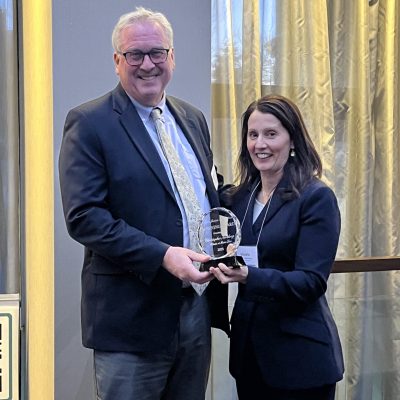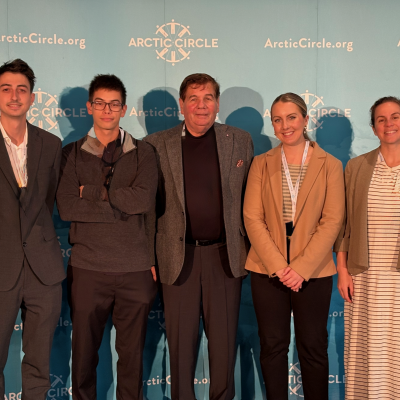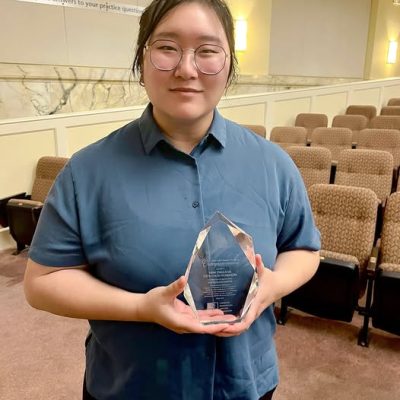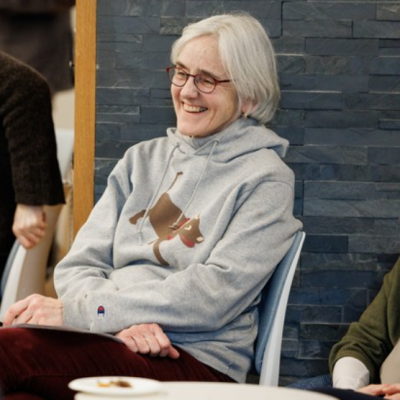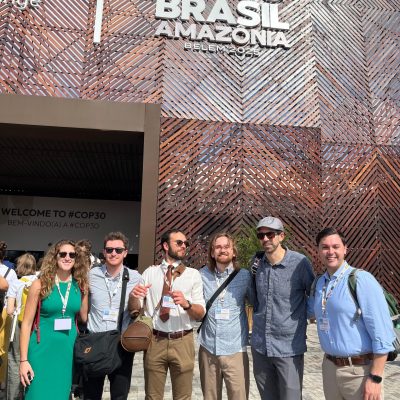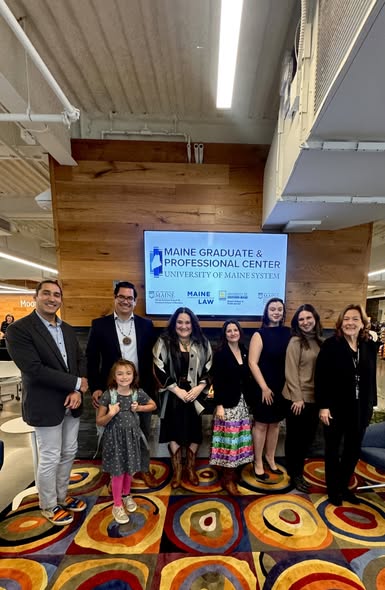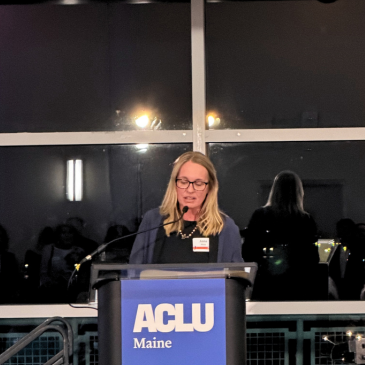“I love experiential learning,” 3L Dhivya Singaram said. “I love reading about the theory in a book and then putting it into practice on the ground. It’s why I came to Maine Law.”
Singaram was able to bear out this passion for experiential learning through her final semester in law school, returning to Maine mere weeks before her graduation from an externship in Mexico City, Mexico.
Singaram, who worked with Maine Law’s Refugee and Human Rights Clinic (RHRC) as a student attorney, said it wasn’t an easy decision to go abroad for her 3L spring, but she knew the skills gained on the ground would prove vital in her career. This fall, Singaram will join law firm Bernstein Shur, where she will practice law and provide pro bono services to immigrants from low-income communities.
Her experiences this past semester only solidified her commitment to immigration and asylum law.
Singaram worked with an organization called IMUMI that promotes the rights of women in migration both in Mexico and the U.S. In addition to legal services, IMUMI offers access to psychological care and other resources, while also fighting for policy changes at the national and international level. While with the organization, Singaram worked on legal advocacy, asylum cases, and other immigration matters.
“This experience built on so much of the work I did with RHRC,” she added. “It felt like following a thread. I’d been working with migrants in Maine, and then I was working at the other end of the journey in Mexico City, where so many migrants pass through. It really informed my understanding of transnational migration.”
Working on migration issues in Mexico City was challenging and rewarding. One challenge in this line of work is understanding the limitations of the law.
“What you want to do and what you can do are not always the same. But that’s why collaboration across professions is key to tackling these complex issues,” Singaram reflected.
Another challenge of working with the immigration system is the emotional toll it can take on lawyers.
“There’s no way to avoid this,” Singaram said, “but the best way to counter it is through community, which there is no shortage of at Maine Law. In a way, going to Mexico was a good test of the strength of this community,” she said. “Even though I was far away, I felt as connected as ever to the Maine Law community. It travels with you. And now I know that it will travel with all of us even after graduation.”


